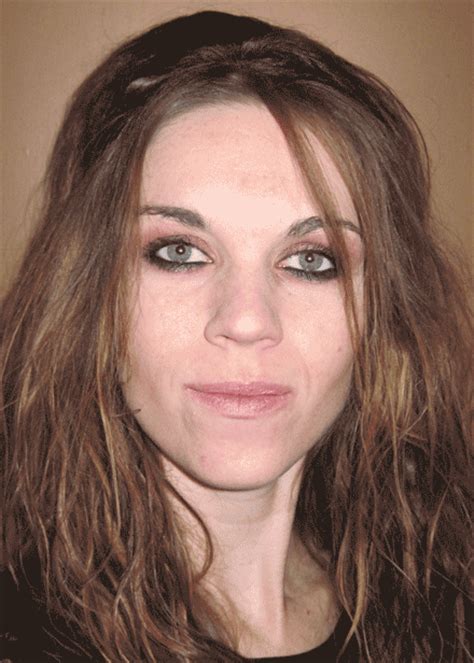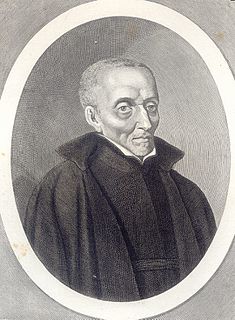A Quote by Mary Wollstonecraft Shelley
But her's was the misery of innocence, which, like a cloud that passes over the fair moon, for a while hides, but cannot tarnish its brightness.
Related Quotes
There are no moments more painful for a parent than those in which you contemplate your child's perfect innocence of some imminent pain, misfortune, or sorrow. That innocence (like every kind of innocence children have) is rooted in their trust of you, one that you will shortly be obliged to betray; whether it is fair or not, whether you can help it or not, you are always the ultimate guarantor or destroyer of that innocence.
Although the semicircle of the Moon is placed above the circle of the Sun and would appear to be superior, nevertheless we know that the Sun is ruler and King. We see that the Moon in her shape and her proximity rivals the Sun with her grandeur, which is apparent to ordinary men, yet the face, or a semi-sphere of the Moon, always reflects the light of the Sun.
If you are a poet, you will see clearly that there is a cloud floating in this sheet of paper. Without a cloud, there will be no rain; without rain, the trees cannot grow; and without trees, we cannot make paper. The cloud is essential for the paper to exist. If the cloud is not here, the sheet of paper cannot be here either. So we can say that the cloud and the paper inter-are.






































